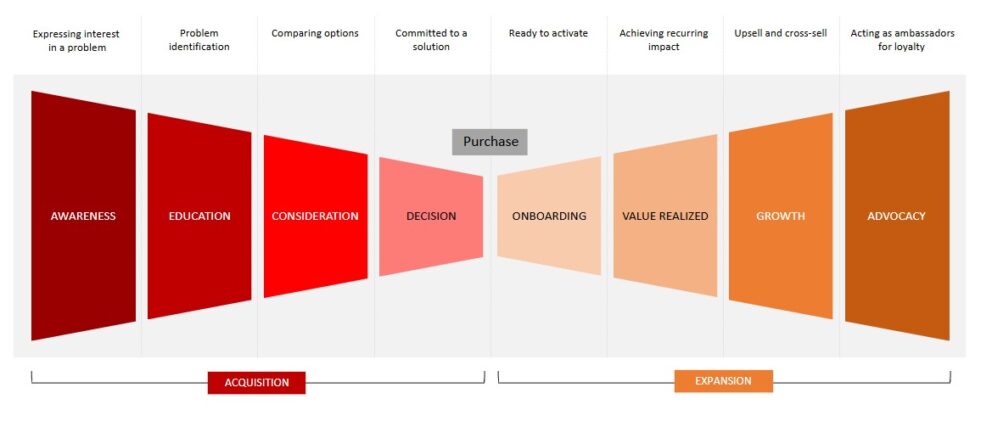Mastering Self-Motivation

By Michelle Voznyuk, Marketing Specialist at Heinz Marketing
Every month, our team gets together to discuss a different LinkedIn Learning course. We rotate as a group, and January is my month! Because we’re starting off a brand new year, I wanted to find something that would inspire us and set us up for success.
In flipping through different courses, I stumbled upon the class called “Mastering Self-Motivation” by Selena Rezvani.
In this course, Rezvani explains that self-motivation is not like a self-driving car – it doesn’t just move forward automatically. Instead, it needs to be cultivated.
In addition to this idea, there were a lot of really great takeaways from this course. I wanted to share some here in case you’re particularly interested in this topic or want to check out the session.
By honing in on our self-motivation, we can achieve bigger and better goals in 2021 and beyond.
To start, Rezvani talks through the 3 elements that set the tone for motivation. These are:
- Self-esteem – how we view ourselves
- Our locus of control – how much control we believe we have over our circumstances
- Incentives – positive reinforcements and gestures we give ourselves
Each of these components shape how we build or detract from our motivation. For example, if you lack self-esteem and feel you’re not good enough to reach your goals, it’s going to be really hard to do so. Conversely, if you believe you can achieve them, you’ll be much more motivated to go out there and get what you want.
Next, Rezvani discusses the 4 types of self-motivators:
- Collaborators – those who are driven by relationships and connections to others; those who want acceptance, support, and encouragement
- Directors – those who thrive when faced with a challenge; those look for hard outcomes and results
- Stabilizers – those who appreciate steadiness and are resistant to change; those who crave deep knowledge and becoming an expert
- Innovators – those who imagine possibilities and what could be; those who are innovative and like to have creative control
While you may be able to easily call out which of these four motivators you identify with most, it’s important to note that many of us will see some overlap. That being said, it can be extremely helpful to pinpoint what motivates you in order to understand how to tap into those things.
In terms of how to achieve our goals, Rezvani suggests just getting started. She explains that often times we spend too much time thinking about it and want a vote of confidence before we act. With this, she recommends giving yourself an escape plan, meaning a way out if things become too overwhelming.
Another thing that can be helpful is the use of visualization (forming a mental image in your mind). In her 6 step process, Rezvani describes the following exercise you can do to practice and encourage visualization:
- Get in a conformable position
- Choose a specific situation
- Image an outstanding result
- Use your senses to deepen visualization
- Take a mental snapshot
- Decide on action steps
Having a picture of what you can look forward to can make it easier to complete milestones and stay motivated throughout your journey.
While you work towards your goals, you’ll also want to be on the lookout for motivation pitfalls. These are the things that can deter and sabotage your progress. They are:
- Procrastination – avoiding a specific task or getting started
- Protect – wanting to avoid pain, embarrassment, or discomfort
- Perfect – feeling the need to be perfect in every situation
When you feel like giving up, Rezvani recommends finding “network allies” – people who can keep you accountable, brainstorm with you, or guide you with expertise. Additionally, you can reactivate your confidence or redesign an activity to make it more enjoyable.
The final, and most important thing Rezvani calls out at the end of the course is to “fail forward”. This means making the choice to believe that your specific failure isn’t the final word. Instead, you can choose one (or more) things you could have done differently, look for a mentor, and create a plan to do better next time.
I hope these ideas were helpful to you as you begin thinking about what you want to accomplish this year. By mastering your self-motivation, the sky is the limit!






